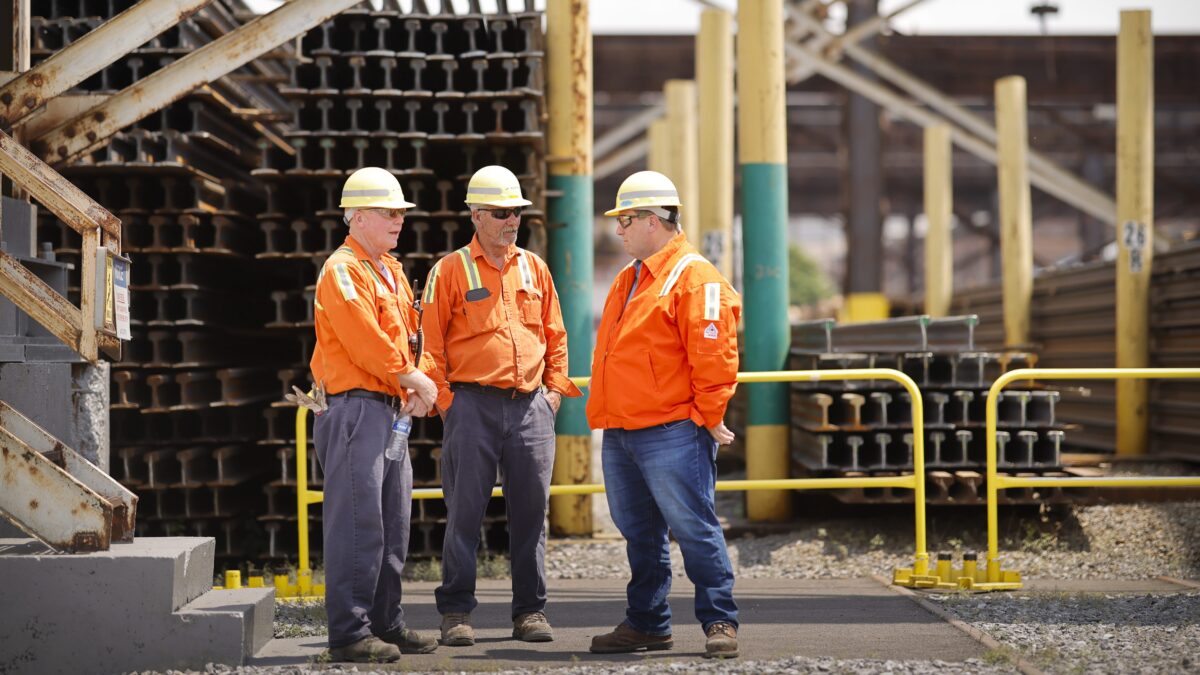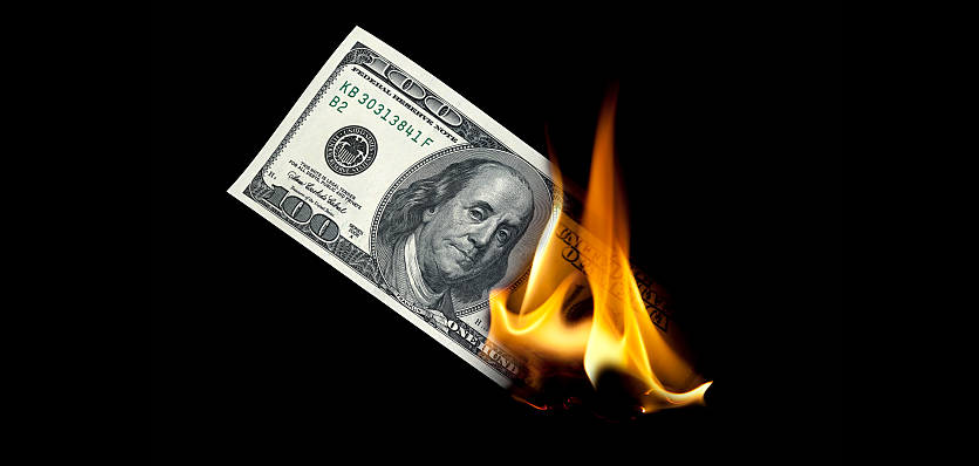 Photo by Daniel ODonnell on Unsplash
Photo by Daniel ODonnell on Unsplash
Howard Lurie: Covid-19 has infected the legal landscape, creating conflicts that remain disputed between employer and employee
Since its emergence roughly a year ago, Covid-19 has had a terrible impact upon the world and the nation. In the United States alone the cost has already been in the trillions of dollars, along with more than a quarter million deaths, and the end is not yet in sight. There is, however, at least one group that may benefit significantly from the detrimental impact of the consequences of Covid-19: litigation lawyers.
Litigation lawyers make their money by bringing or defending lawsuits, and Covid-19 has provided fertile ground for lawsuits. Individuals, businesses, schools, and other entities and organizations have been losing money as a result of the virus. As so often happens when someone suffers a loss of some kind, an effort will be made to shift that loss to someone else. The usual way to do that is by making an insurance claim or bringing a lawsuit against someone believed to be responsible for the loss. Each of these activities will inevitably bring lawyers into the picture, and lawyers are not cheap.
Across the nation, thousands of small businesses have closed, and many will never reopen. Thousands have lost their jobs, and the income those jobs produced. Renters have been faced with evictions as a result of their being unable to pay their rent. Small landlords have had difficulty meeting their mortgage payments as a result of lost rental income.
Entertainment venues have closed or been forced to reduce their offerings or the size of their audiences to meet governmental restrictions on social distancing. Restaurants have been forced to offer only take-out or only outdoor seating, with the consequence of significantly reduced revenue. Restaurant employees have suffered job losses, wages, and tip income.
Here in Pennsylvania, the fear, real or imagined, of being sued has led to an effort to immunize employers from certain kinds of lawsuits brought against them by their employees.
Very few businesses can operate without employees. Employees are absolutely essential to the profitability or survivability of the enterprise. They are also essential to schools, hospitals, and various other organizations and entities. Employers may, therefore, require or demand that employees work under conditions which the employees think could make them vulnerable to Covid-19 from fellow employees or customers of the business. While the employees could simply refuse to work, that refusal would, in all likelihood, result in a loss of wages and the job. The employees may, therefore, feel compelled to work under those conditions and run the risk of infection from the virus.
Here in Pennsylvania, the fear, real or imagined, of being sued has led to an effort to immunize employers from certain kinds of lawsuits brought against them by their employees. Just recently, the Pennsylvania legislature approved House Bill 1737, which, if enacted into law, would have offered some protection to employers from unwarranted Covid-19 related lawsuits. However, despite being urged by the PA Chamber of Business and Industry to sign the bill into law, Governor Wolf vetoed the bill on November 30.
The Chamber has asserted that “employers continue to face an ever-growing avalanche of litigation — in many cases, simply because they’re following” government mandates related to the virus. Whether that is true or not remains to be seen, but the fear is real and not limited to Pennsylvania.
Government authorities have issued guidance on efforts that employers can take to minimize the risk of infection to employees, but those recommended practices might not prevent an employee from becoming infected. In such cases, the employee may consider suing his employer for many of the consequences resulting from his illness.
Employees and their organizations, such as unions, however, want to be able to bring meritorious lawsuits. They do not favor granting employers immunity, even if limited. Thus, they oppose bills like HR1737.
There may, of course, be many obstacles in the way of the employee succeeding in his lawsuit, but the cost to the employer of defending against the lawsuit could be significant even if the employer wins. Lawyers are not cheap, and thus, lawsuits are expensive. Under our legal system even a successful defendant in a lawsuit bears the cost of his defense. A small employer may be unable to bear that cost, or may not have liability insurance to cover the cost. Hence, the employer’s desire to have legal immunity from such lawsuits. HR 1737 was an attempt to provide some relief to employers.
Employees and their organizations, such as unions, however, want to be able to bring meritorious lawsuits. They do not favor granting employers immunity, even if limited. Thus, they oppose bills like HR1737. In his veto message Governor Wolf asserted that the “bill invites the potential for carelessness and a disregard for public safety.” Whether a rational employer would risk endangering the health of the employees upon whom he depends for the operation of his business is questionable.
Clearly, when an employee becomes sick or passes the virus on to family members there is an injury and loss, and the question is who should bear that loss. Under our system of law, liability usually depends upon a finding of fault. But is an employer “at fault” if he has followed or attempted to follow all the recommended safety precautions? Governor Wolf asserted in his veto message that “We should not be providing protection for noncompliance or carelessness.” But HR 1737 was an attempt to encourage employers to follow the government’s recommended safety precautions by granting immunity from suit to those who did so. The wisdom of the governor’s veto is, therefore, debatable; it may also create an avalanche of expensive litigation.
Howard Lurie is Emeritus Professor of Law, Charles Widger School of Law, Villanova University.



